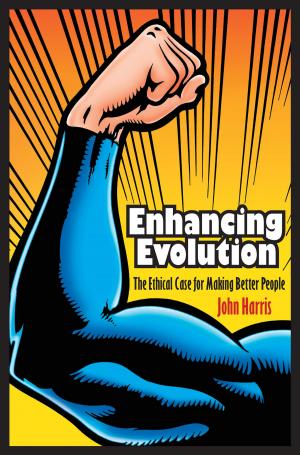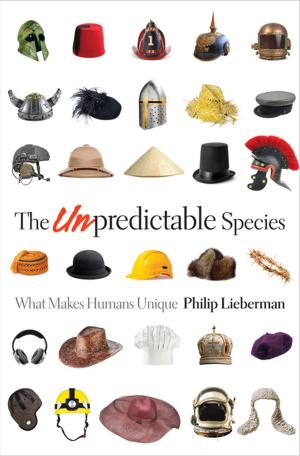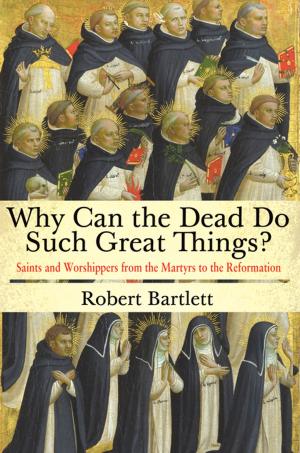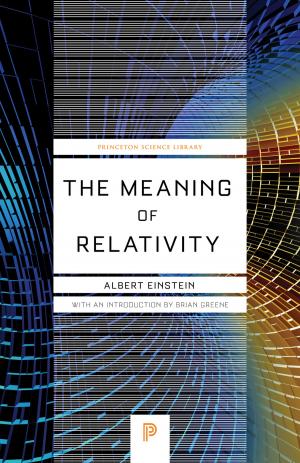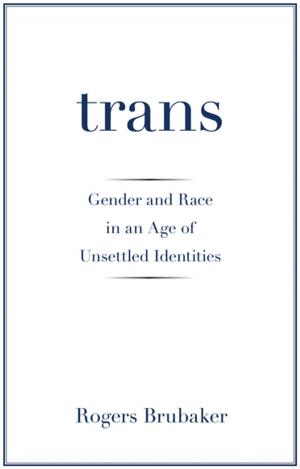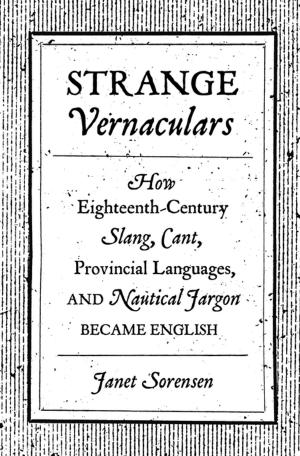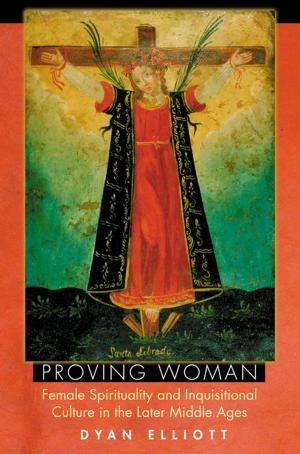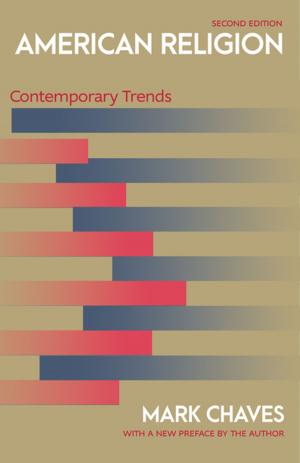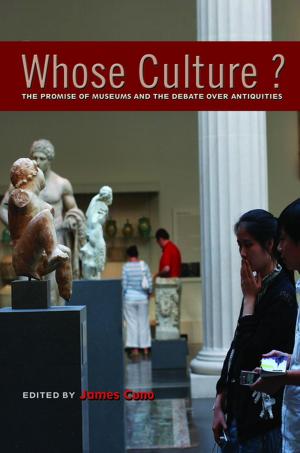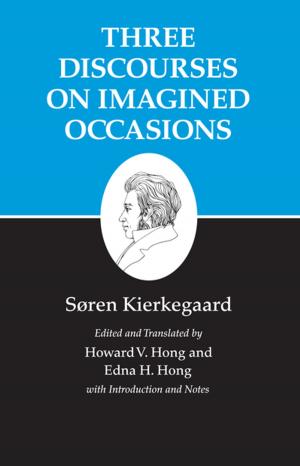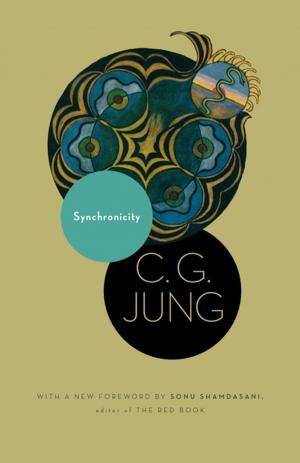Gifted Tongues
High School Debate and Adolescent Culture
Nonfiction, Social & Cultural Studies, Social Science, Sociology| Author: | Gary Alan Fine | ISBN: | 9781400824199 |
| Publisher: | Princeton University Press | Publication: | July 1, 2010 |
| Imprint: | Princeton University Press | Language: | English |
| Author: | Gary Alan Fine |
| ISBN: | 9781400824199 |
| Publisher: | Princeton University Press |
| Publication: | July 1, 2010 |
| Imprint: | Princeton University Press |
| Language: | English |
Learning to argue and persuade in a highly competitive environment is only one aspect of life on a high-school debate team. Teenage debaters also participate in a distinct cultural world--complete with its own jargon and status system--in which they must negotiate complicated relationships with teammates, competitors, coaches, and parents as well as classmates outside the debating circuit. In Gifted Tongues, Gary Alan Fine offers a rich description of this world as a testing ground for both intellectual and emotional development, while seeking to understand adolescents as social actors. Considering the benefits and drawbacks of the debating experience, he also recommends ways of reshaping programs so that more high schools can use them to boost academic performance and foster specific skills in citizenship.
Fine analyzes the training of debaters in rapid-fire speech, rules of logical argumentation, and the strategic use of evidence, and how this training instills the core values of such American institutions as law and politics. Debates, however, sometimes veer quickly from fine displays of logic to acts of immaturity--a reflection of the tensions experienced by young people learning to think as adults. Fine contributes to our understanding of teenage years by encouraging us not to view them as a distinct stage of development but rather a time in which young people draw from a toolkit of both childlike and adult behaviors. A well-designed debate program, he concludes, nurtures the intellect while providing a setting in which teens learn to make better behavioral choices, ones that will shape relationships in their personal, professional, and civic lives.
Learning to argue and persuade in a highly competitive environment is only one aspect of life on a high-school debate team. Teenage debaters also participate in a distinct cultural world--complete with its own jargon and status system--in which they must negotiate complicated relationships with teammates, competitors, coaches, and parents as well as classmates outside the debating circuit. In Gifted Tongues, Gary Alan Fine offers a rich description of this world as a testing ground for both intellectual and emotional development, while seeking to understand adolescents as social actors. Considering the benefits and drawbacks of the debating experience, he also recommends ways of reshaping programs so that more high schools can use them to boost academic performance and foster specific skills in citizenship.
Fine analyzes the training of debaters in rapid-fire speech, rules of logical argumentation, and the strategic use of evidence, and how this training instills the core values of such American institutions as law and politics. Debates, however, sometimes veer quickly from fine displays of logic to acts of immaturity--a reflection of the tensions experienced by young people learning to think as adults. Fine contributes to our understanding of teenage years by encouraging us not to view them as a distinct stage of development but rather a time in which young people draw from a toolkit of both childlike and adult behaviors. A well-designed debate program, he concludes, nurtures the intellect while providing a setting in which teens learn to make better behavioral choices, ones that will shape relationships in their personal, professional, and civic lives.

